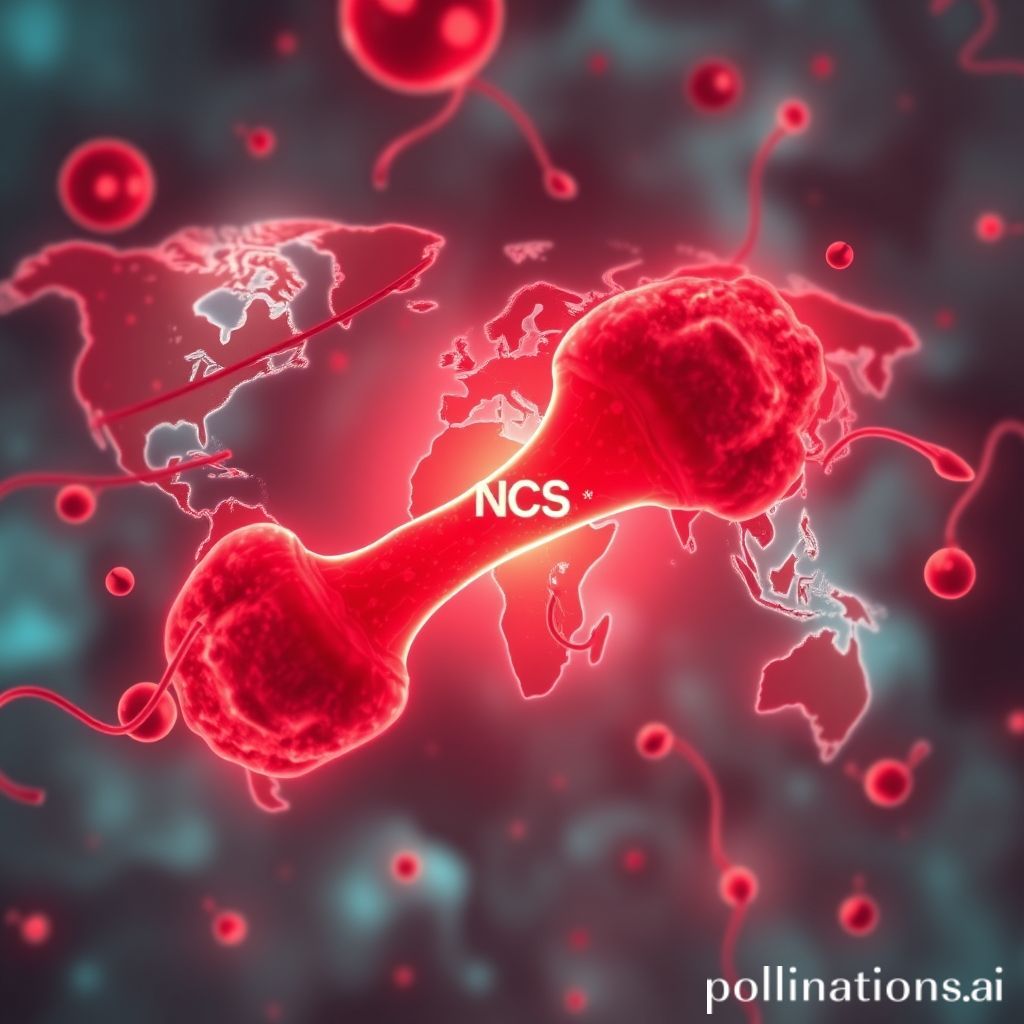
World-first blood cancer therapy to be given on NHS
A New Dawn for Blood Cancer Treatment: NHS to Offer World First Therapy
Hello everyone! I'm absolutely thrilled to share some groundbreaking news from the world of medicine, news that promises to bring hope and healing to countless individuals. The National Health Service (NHS) in England is set to become the first healthcare system globally to offer a revolutionary new blood cancer therapy. This is a monumental leap forward, and I'm eager to dive into the details with you.
What is This Groundbreaking Therapy?
This isn't just another incremental improvement; it's a paradigm shift. The therapy in question is CAR T-cell therapy, specifically a new form of it. CAR T-cell therapy, in general, works by harnessing the power of the patient's own immune system to fight cancer. White blood cells, specifically T-cells, are extracted from the patient's blood. These cells are then genetically engineered in a lab to express a special receptor called a chimeric antigen receptor (CAR) on their surface. This CAR is designed to recognize and bind to a specific protein found on cancer cells. Once these supercharged CAR T-cells are infused back into the patient, they hunt down and destroy the cancer cells with remarkable precision.
Why is This a Game Changer?
Traditional cancer treatments like chemotherapy and radiation therapy often come with significant side effects because they indiscriminately target both cancerous and healthy cells. CAR T-cell therapy, on the other hand, is much more targeted. This precision reduces collateral damage to healthy tissues, leading to fewer and less severe side effects for many patients.
Furthermore, this therapy offers hope to patients with relapsed or refractory blood cancers, meaning their cancer has returned after initial treatment or has not responded to standard therapies. For these individuals, options are often limited, and the prognosis can be bleak. CAR T-cell therapy provides a new avenue for achieving remission and potentially even a cure.
Who Will Benefit From This?
Initially, this world first CAR T-cell therapy will be offered to adults with relapsed or refractory diffuse large B-cell lymphoma (DLBCL) and primary mediastinal B-cell lymphoma (PMBCL). These are aggressive types of non Hodgkin lymphoma. These are types of cancer that affects the lymphatic system. This decision follows rigorous evaluation by the NHS and NICE (National Institute for Health and Care Excellence), ensuring that the therapy is both clinically effective and cost effective for eligible patients.
Comparing CAR T-cell Therapy to Traditional Treatments
To better illustrate the benefits of CAR T-cell therapy, let's compare it to traditional cancer treatments in a table:
| Feature | CAR T-cell Therapy | Traditional Chemotherapy/Radiation |
||||
| Targeting | Highly Targeted to Cancer Cells | Broadly Targets All Cells |
| Side Effects | Can be Significant but Often Different | Often Severe, Affecting Multiple Systems |
| Effectiveness | High Remission Rates in Refractory Cancers | Variable, Dependent on Cancer Type & Stage |
| Treatment Duration | Typically a One-Time Infusion | Multiple Cycles Over Several Months |
| Long Term Outcomes | Potential for Long Term Remission | Risk of Relapse Varies |
The NHS Leading the Way
This decision by the NHS to offer this therapy underscores its commitment to innovation and providing patients with access to the most advanced treatments available. It's a testament to the dedication of researchers, clinicians, and policymakers working together to improve the lives of those affected by cancer.
The Future of Cancer Treatment
The introduction of this CAR T-cell therapy is just the beginning. As research continues, we can expect to see even more refined and effective immunotherapies emerge, targeting a wider range of cancers. The future of cancer treatment is undoubtedly moving towards personalized medicine, where therapies are tailored to the unique characteristics of each patient and their specific cancer.
A Personal Reflection
Hearing about breakthroughs like this fills me with hope and optimism. Cancer is a formidable adversary, but the relentless pursuit of knowledge and innovation is gradually tilting the scales in our favor. To know that patients who previously had limited options now have a chance at a longer, healthier life is truly inspiring. This NHS initiative is a powerful reminder of the transformative potential of science and the unwavering dedication of healthcare professionals. It's a day to celebrate progress and look forward to a future where cancer is no longer a death sentence, but a manageable disease.
Sources
NHS England Official Website
National Institute for Health and Care Excellence (NICE) Website
Various Peer Reviewed Medical Journals (Lancet, New England Journal of Medicine)
Comments
Post a Comment